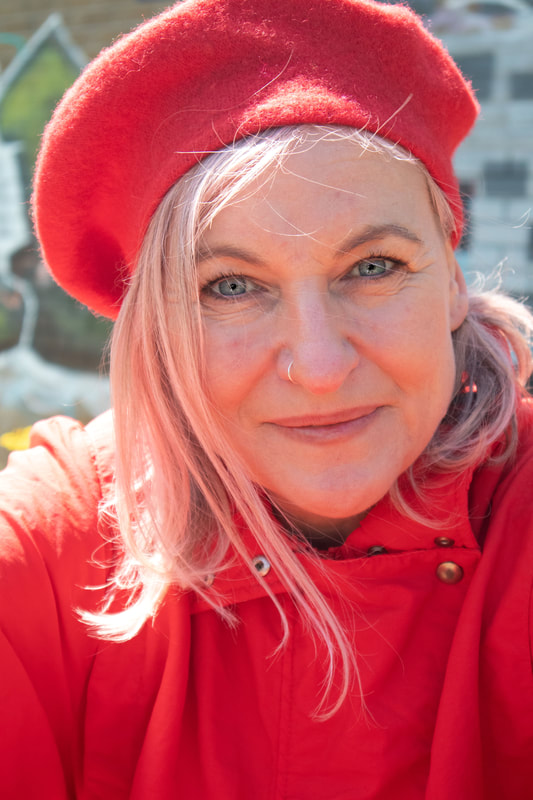|
by Jon Davison On the second day we explored clowning from an anti-racist perspective and how to decolonise our artform. Session 1 - Halima Habil – Clowns Without Borders Anti-Racist Training Halima Habil shared the anti-racist training she has been developing for the last 2-3 years at Clowns Without Borders. As a response to the dangers of white saviourism in the charity sector (including clowns), Halima is part of an advisory board that produced an inclusion, diversity and decoloniality policy. They provide advice to CWB chapters on challenges, best practices and accountability. The session guided us through exercises in self-reflection on:
White privilege:
Allyship
Resources shared: Me and White Supremacy https://g.co/kgs/Q8WPCD Cohesion Collective Www.cohesioncollective.com Session 2 - Fatina Cummings and Jon Davison - ‘Contested Workshop’ We decided to ‘play ourselves’, which meant: Jon: white cis male, older than many present, author of books, clown teacher internationally – gets to speak and tell others what to do Fatina: black cis woman, ‘new’ to performing, challenged by her white and black peers, often excluded by programmers, teachers, etc. We had agreed on jointly presenting one of Jon’s exercises After an introduction, Jon explained the phases of the exercise, where you can only perform your script when the audience are laughing. Shortly into this process, a participant challenged the fact that this seemed like just Jon giving a workshop. My (Jon) response was, and is, to note that this is ‘us playing our roles’. Fatina then took the lead by describing some of the challenges she faces as a black performer and how she has sought to meet those challenges. We then jointly presented the main phase, asking participants to take a recent news story relating to colonialism and to stage it. They then performed according to: only perform the script when we laugh. Some performances revealed quite a lot of discomfort, about: refugees and racism (Ukraine and black refuges). My own big learning point was around the group of 5 white participants who I and Fatina both coached during the process, who expressed firstly that they felt no connection to the news story (about a young black man killed during the previous weekend’s Notting Hill Carnival), but who felt so much (discomfort) when having to perform that they refused to perform (the only group who refused). Fatina’s reflections on this were very clear, about the privilege white people have to not feel discomfort. So, although black and white clowns have different discomforts, we can all play and clown those discomforts. ‘Colonialism is our script’ Session 3 - Open Space – discussing issues relating to decolonising clown and anti-racism Groups formed to discuss some of the issues raised earlier, such as: How do CWB behave when they travel to a different country/culture?
Racism in the clown workshop What is the lineage of racist clown exercises?
Discomfort There’s a reason we feel discomfort
Online Panel Discussion – Clowning, Equity and Social Justice This online panel discussion was be moderated by Amrita Dhaliwal from the Idiot Workshop in Los Angeles. She posed some of the Clown Congress’s key questions to clown artists who are actively working on issues of social justice. Panel guests: Jacqueline Russell, Barry Bilinsky 20 people attended online Questions discussed:
Comments are closed.
|
AuthorCreative research into the meeting point of clowning and activism Archives
May 2024
Categories |
ABOUT ROBYN
Robyn is a Bristol-based director, teacher and performer. With over 20 years experience she is a passionate practitioner of clowning, physical theatre, circus and street arts. She has a MA in Circus Directing, a Diploma of Physical Theatre Practice and trained with a long line of inspiring teachers including Holly Stoppit, Peta Lily, Giovanni Fusetti, Bim Mason, Jon Davison, Zuma Puma, Lucy Hopkins and John Wright.
Over the past five years she has been exploring the meeting point of clowning and a deep desire to address the injustices in the world. This specialism has developed through her Masters Research ‘Small Circus Acts of Resistance’, on the streets and in protests with the Bristol Rebel Clowns and in research residencies with The Trickster Laboratory. Robyn’s Activist Clown research has led to collaborations with Jay Jordan (Laboratory of Insurrectionary Imagination, France), Clown Me In (Beirut), LM Bogad (US), Hilary Ramsden (Greece) and international Tricksters; ‘The Yes Men’ (US). During the pandemic in 2020, Robyn set up The Online Clown Academy with Holly Stoppit and developed a series of Zoom Clown Courses. Robyn’s research, started during her Masters, has been exploring the meeting point of clowning and activism, online, in the real world and with international collaborators. With this drive to explore political edges of her work she has also dived back into the world of the Bouffon; training with Jaime Mears, Bim Mason, Nathaniel Justiniano, Eric Davis, Tim Licata, Al Seed and the grand master Bouffon-himself; Philippe Gaulier. Keen to explore the intersection of clowning and politics, Robyn is driven to create collaborative, research spaces, testing and pushing the limits of the artform to create new knowledge and methodologies for her industry and strengthen partnerships for future work. Some of her most recent collaborations and teaching projects have included the Nomadic Rebel Clown Academy (5-day Activist Clown Training), The Laboratory of the Un-beautiful (Feminist Grotesque Bouffon Training for Womxn Theatre Makers) and the Clown Congress (annual gathering of clowns, activists & academics collectively exploring what it means to be a clown in this current era) |
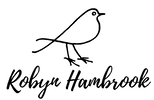

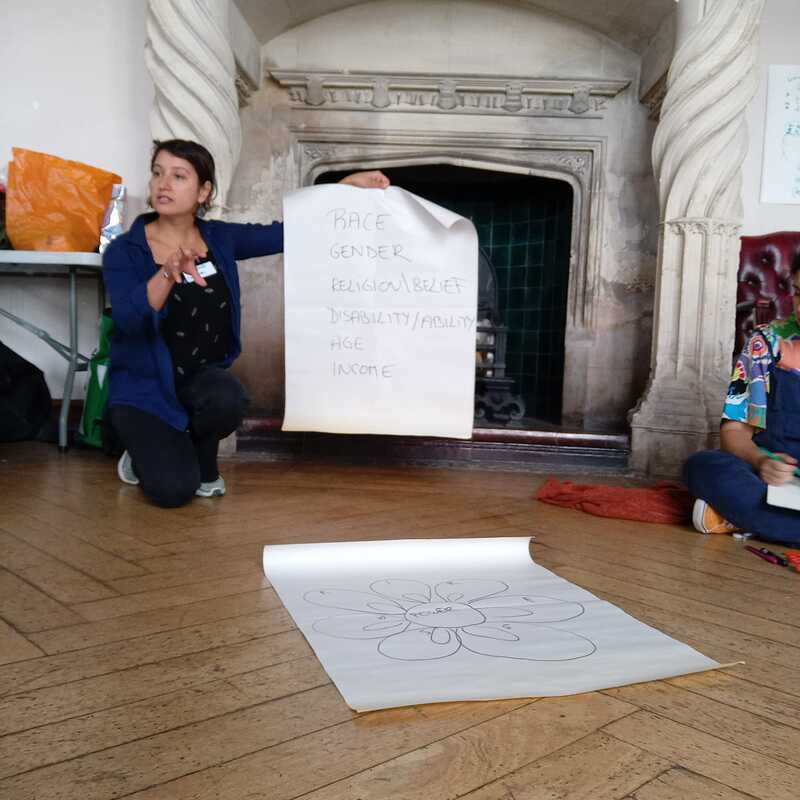
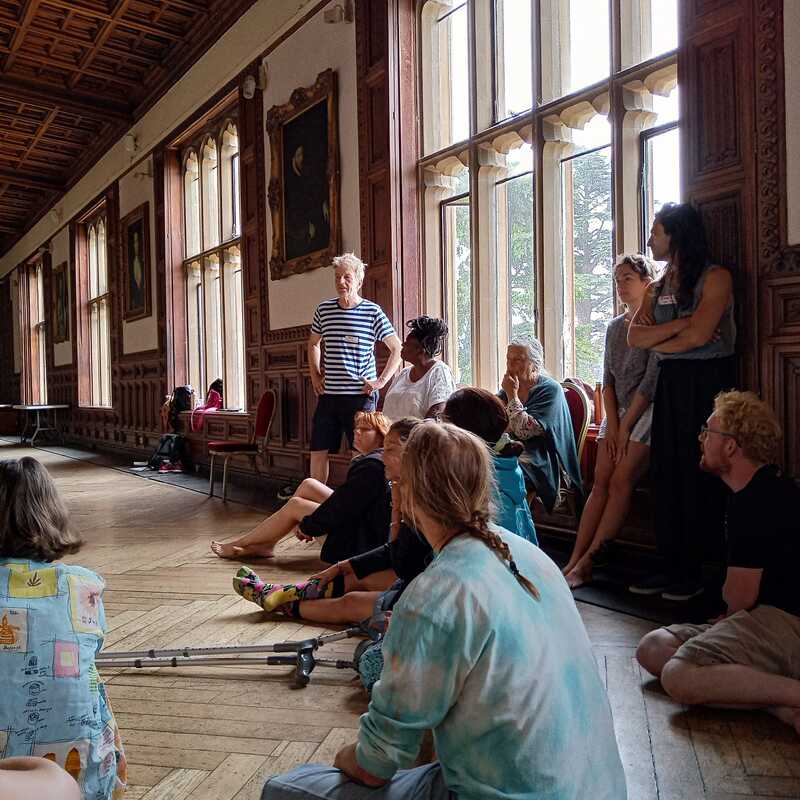

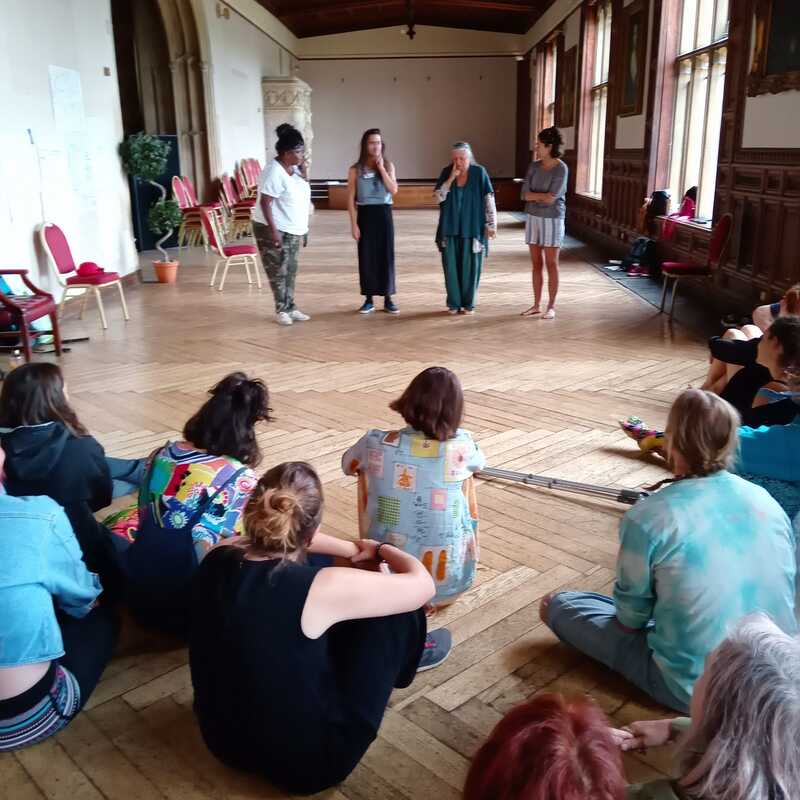
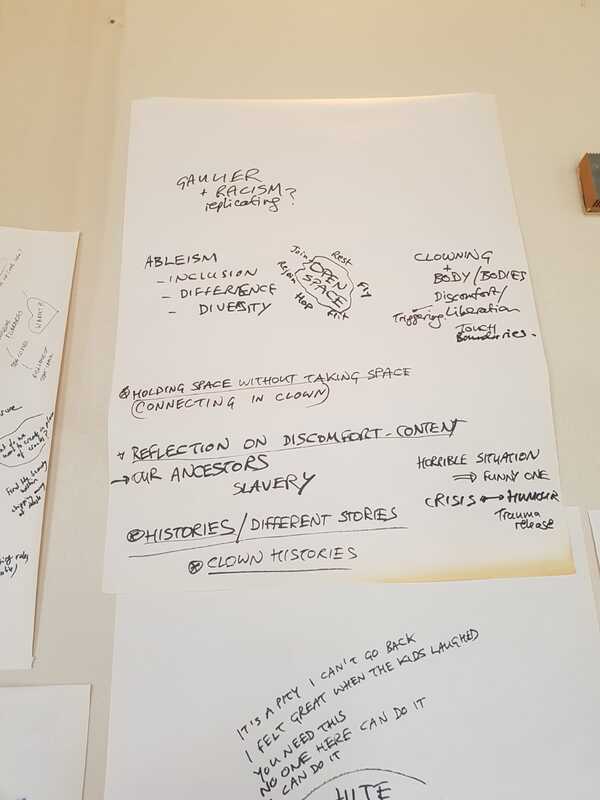
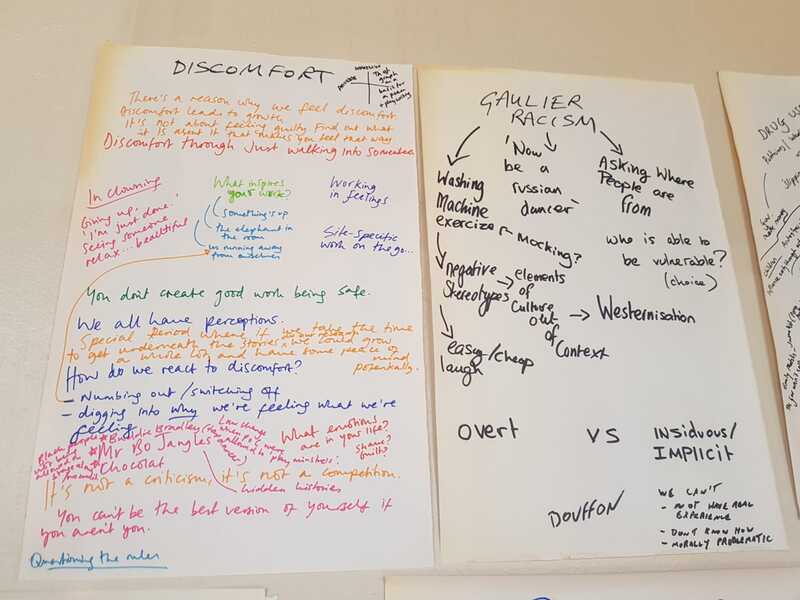
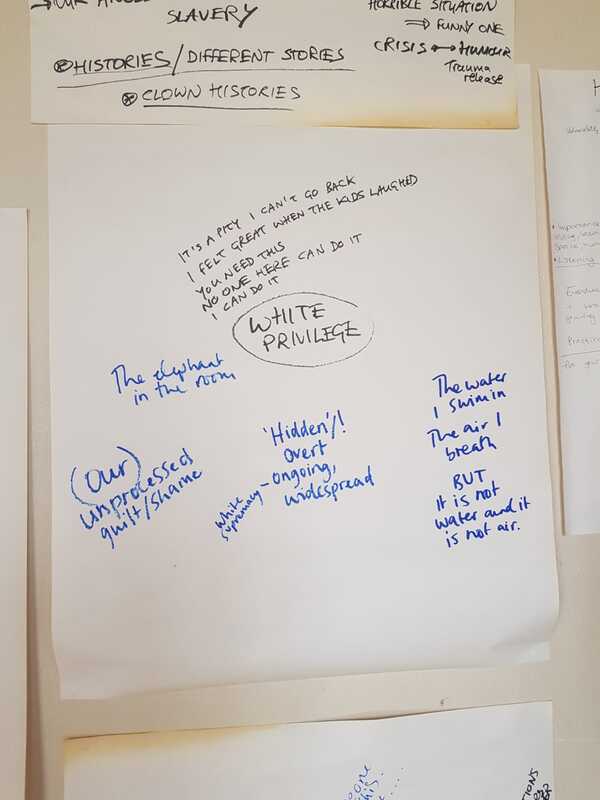
 RSS Feed
RSS Feed
